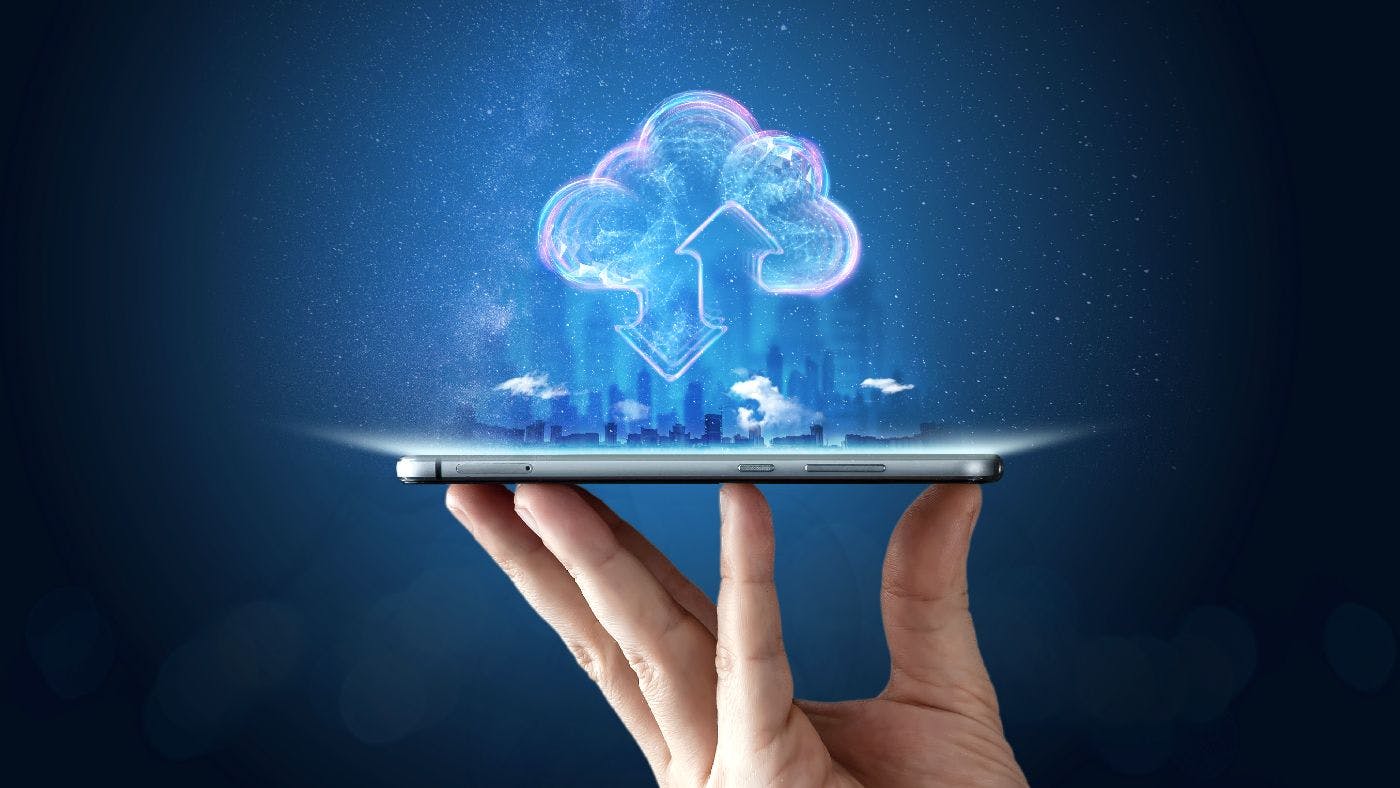498 reads
Digital Technologies And Their Increased Role - What Does The Future Hold?
by
September 8th, 2022
Audio Presented by
I'm a beginner Software developer from Georgia with a big love for all things blockchain!
About Author
I'm a beginner Software developer from Georgia with a big love for all things blockchain!
